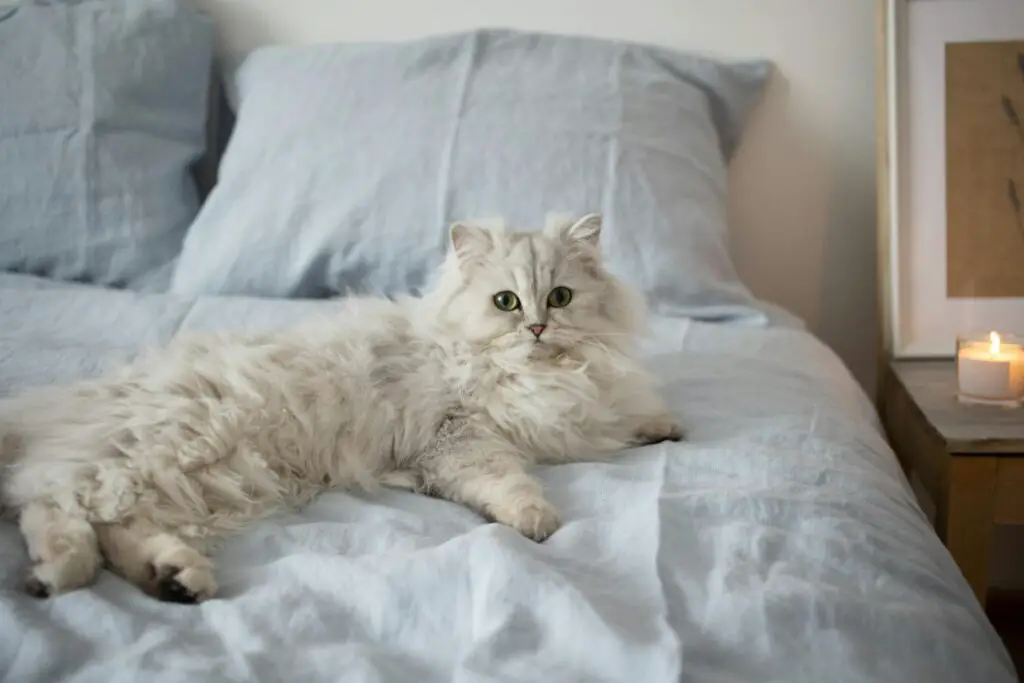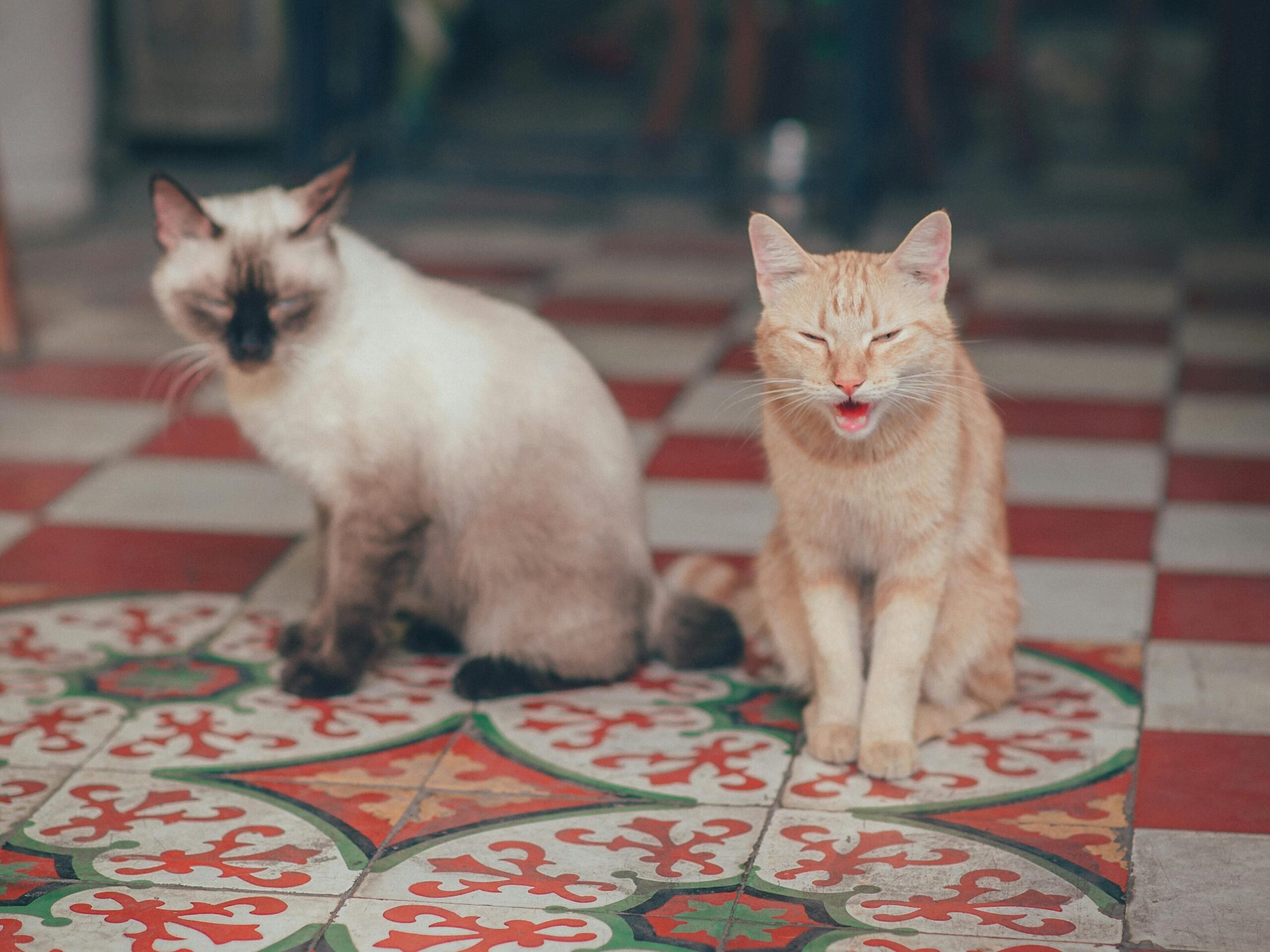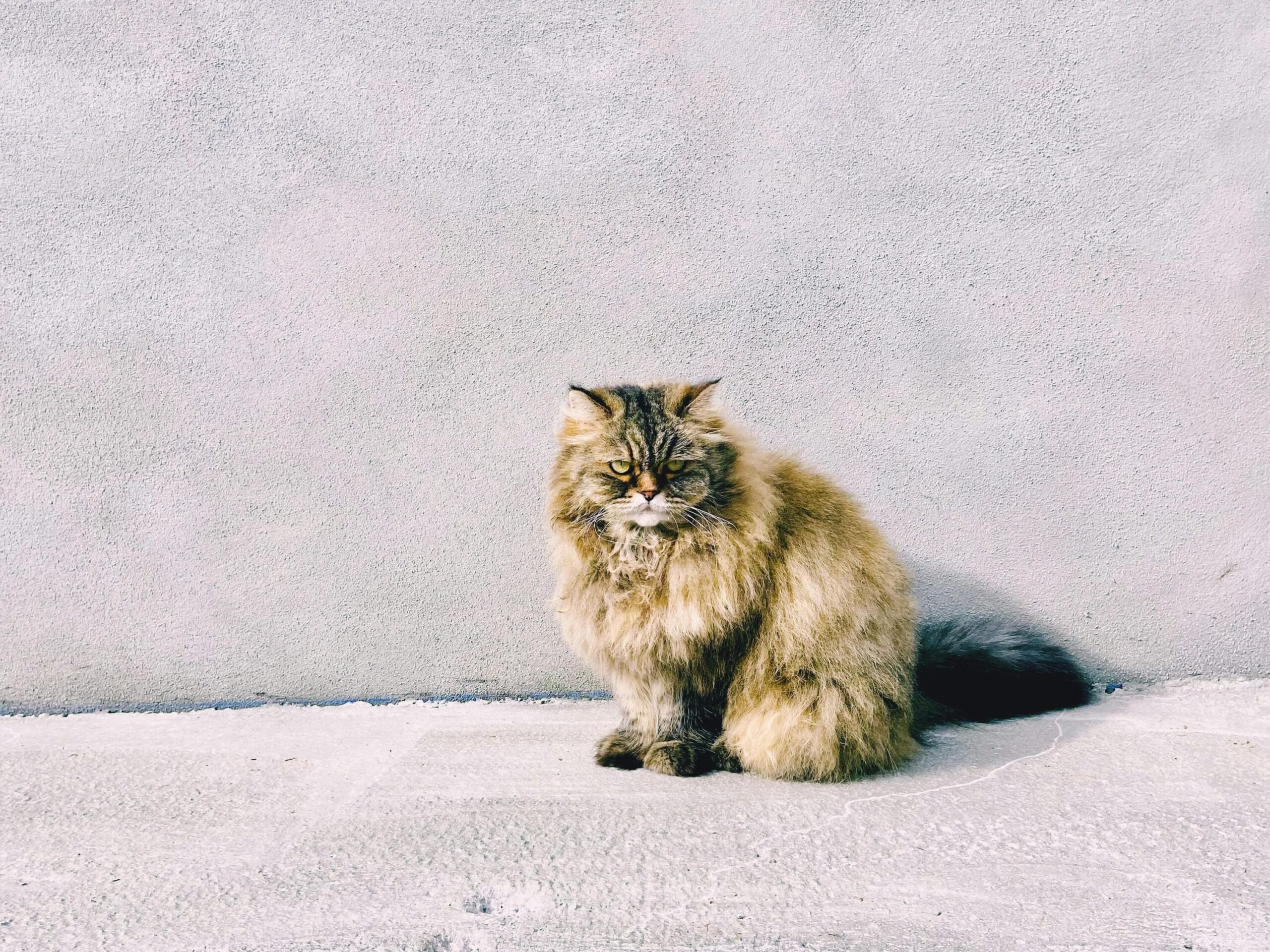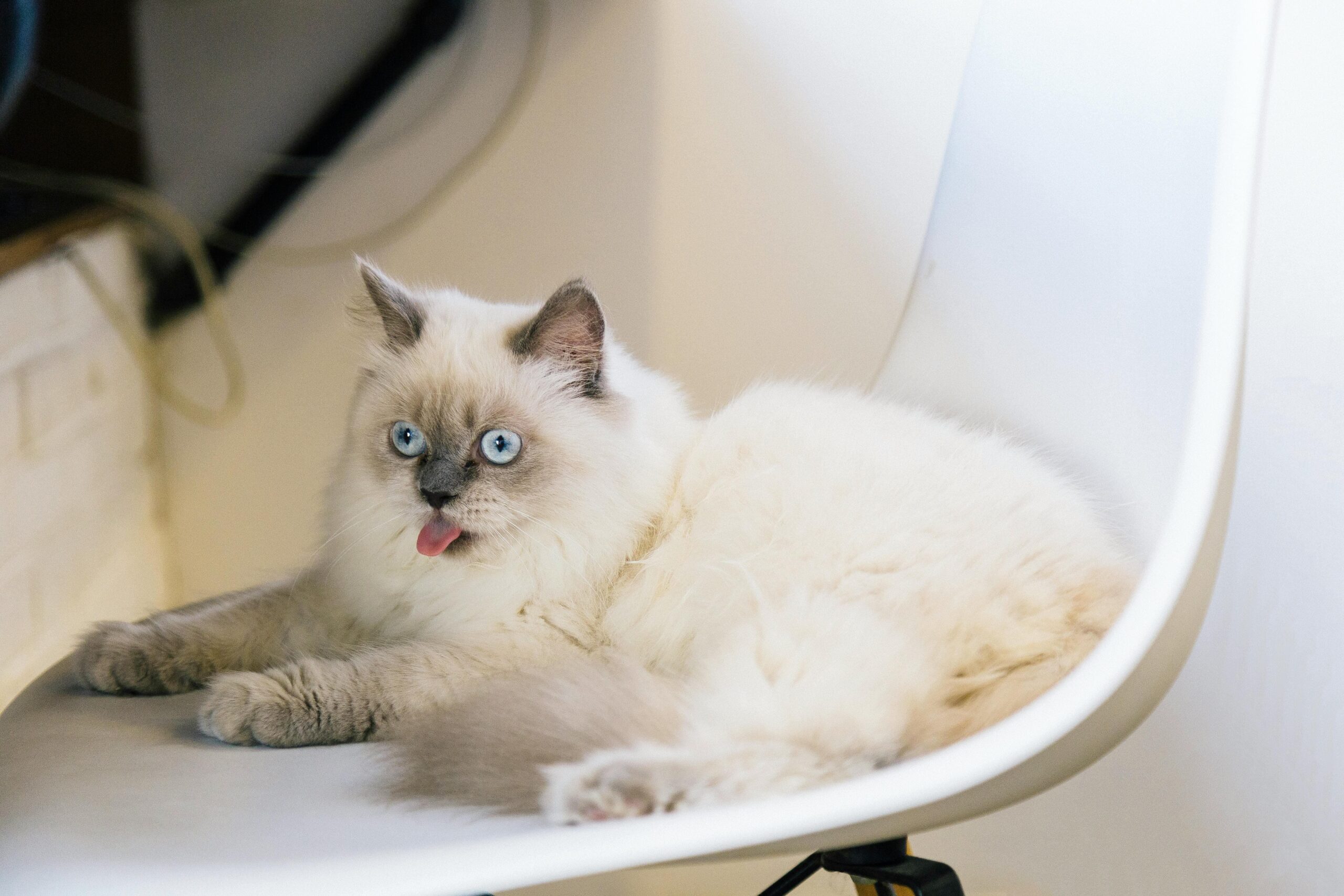Are you longing for the companionship of a feline friend but constantly battling cat allergies?
Persian cats, with their striking looks and regal demeanor, have captured the hearts of many cat enthusiasts. However, the question lingers: Are Persian Cats Hypoallergenic Imagine being able to cuddle up with a Persian cat without the discomfort of sneezing fits and itchy eyes.
Imagine a life where you can enjoy the company of a furry companion without the worry of allergic reactions. Persian cats offer the potential for allergy sufferers to experience the joy of pet ownership without compromising their well-being.
In this blog post, we’ll delve into the fascinating world of Persian cats and cat allergies. By exploring the science behind hypoallergenic traits and examining the unique characteristics of Persian cats.
We aim to provide you with valuable insights into whether these majestic felines could be the perfect addition to your family. So, if you’re ready to uncover the truth and discover if Persian cats are indeed hypoallergenic, let’s dive in!
Persian Cats and Allergies
Let’s dive into the world of Persian cats and relationship with allergies. Persian cats, known for their long, flowing coats and expressive fangs, have delighted cat lovers for centuries. But their abundance of hair can be frustrating for sensitive people. Despite their cuteness and gentleness, Persian cats are not hypoallergenic.
Are Persian Cats Hypoallergenic?
The short answer is no. Persian cats are allergens that can cause rashes in sensitive people. These allergens are primarily caused by proteins found in cat saliva, dander (dead skin cells), and urine. While no cat is completely allergenic, some produce fewer allergens than others, making them more suitable for allergic people.
What causes Persian cat allergies?

photo credit: Pexels
Persian cat allergies are generally caused by proteins found in cat’s saliva, dander and urine. When groomed, a Persian cat can shed saliva covered fur, releasing allergens into the environment. Additionally, when feline shed their skin, airborne dander settles on surfaces, increasing the risk of allergic reactions. Persian cat urine also contains allergens that might be released into the air when sewage box are used.
Allergen Levels in Persian Cats
While all cats produce allergens, the allergic stages can range from breed to breed depending on elements along with genetics, grooming habits, and environmental conditions. Persian cats, with their long, dense coats, may produce more allergens compared to short-haired breeds. Additionally, unneutered male cats have a tendency to produce greater allergens than girls or neutered adult males.

photo credit:
Living with Persian Cats for Allergy Sufferers
It can be difficult, but not impossible, to live with a Persian cat if you have allergies. Regular grooming and cleaning can help lower allergy levels in the home. To minimize the spread of allergies, keep the cat’s coat clean and well-groomed. In addition to helping to trap airborne allergens, high-efficiency particulate air (HEPA) filters can be used in homes to improve indoor air quality for allergy sufferers.
Tips to Reduce Allergens at Home

photo credit: Pexels
- Regular grooming: Brush your Persian cat often to eliminate unfastened fur and dander.
- Clean the litter container: Scoop the litter container each day and recollect the usage of a dirt-unfastened litter to decrease allergen publicity.
- Vacuum regularly: Use a vacuum cleanser with a HEPA clear out to dispose of allergens from carpets, upholstery, and different surfaces.
- Wash bedding and curtains: Wash your cat’s bedding, as well as your very own, often to put off allergens.
- Keep the home properly-ventilated: Opening home windows and the usage of enthusiasts can help circulate air and reduce allergen buildup indoors.
Hypoallergenic Cat Breeds to Consider
If you continue to suffer from allergies, you should look into hypoallergenic cat breeds. While no cat is totally hypoallergenic, certain breeds have been shown to produce fewer allergies.
these includes Sphynx, Devon Rex, Cornish Rex, Russian Blue, Balinese. But keep in mind that every person is unique. What works for one individual may not necessarily work for another. Therefore, to be extra sure, spend some time with a breed before bringing them home. In this manner, you can observe how your body responds and decide with knowledge.
Persian Cat Allergy: FAQ
What Is the Most Hypoallergenic Cat?
The term “most hypoallergenic cat” is subjective and varies according to individual sensitivity. However, several cat breeds, such as the Siberian and Balinese, are sometimes marketed as being more hypoallergenic due to their lesser production of allergenic proteins.
What Cat Is Best for Allergies?
The most suitable cat for allergies is ultimately determined by the individual’s unique sensitivity and personality traits. Although there isn’t a cat breed that is completely hypoallergenic, choosing a breed with less allergens and using allergy management techniques will reduce allergic reactions.
Do Persian Cats Shed a Lot?
Yes, because of their dense, lengthy coats, Persian cats shed a lot. However Regular grooming is crucial to control shedding and stop allergens from spreading throughout the house.
How bad are Persian cats for allergies?
Due to their high protein content and frequent shedding, Persian cats can provide serious issues for allergy sufferers. Even with careful management, those with severe allergies may continue to have symptoms.
Conclusion
We’ve examined the the world of Persian cats and allergies, hoping that you’ve found the information you were looking for. Although our cherished Persian cats aren’t totally hypoallergenic, it’s nevertheless feasible for allergy sufferers to live with them. We can make our home cosy for ourselves and our feline companions with a little bit of information, a little bit of work, and a whole lot of love.
A Persian cat’s company is genuinely unique and well worth a few sneezes! They are a pleasure to be around because of their majestic appearance, endearing dispositions, and loving attitudes. Not to mention how stunning their long, opulent coats are!
After all, don’t you think that having a cat just makes life better? It’s about accepting our feline pals’ affection, their itchy eyes, and their sneezes. Because, in the end, it’s all worth it for the headbutts, purrs, and company of a Persian cat.
Please feel free to ask us anything more in the space provided for comments below if you have any other questions about allergies and Persian cats!
Recent Articles:
- Can Persian Cats Go Outside?
- Do cats remember other cats
- Cracking the Feline Code: Do Cats Remember People?
- Can Cats Eat Yogurt
- Do Cats Eat Birds? Understanding Feline’s Predatory Proclivities

